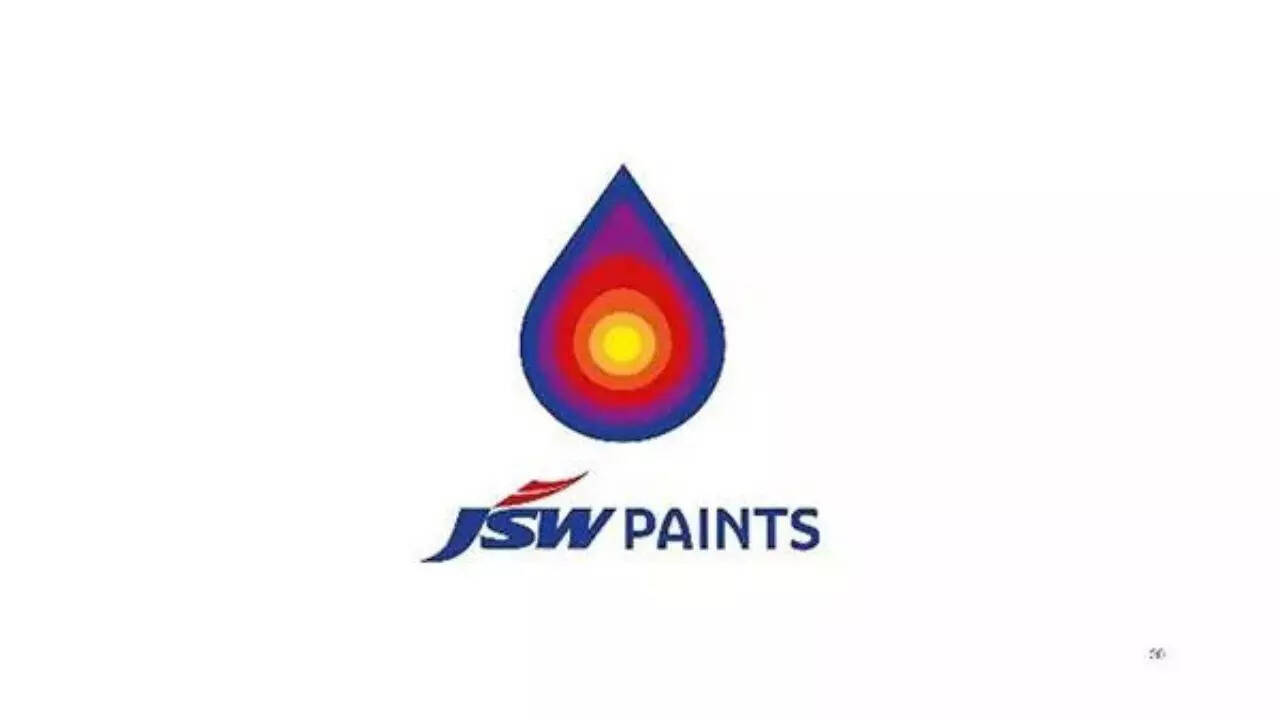JSW Paints seeks CCI nod to acquire Akzo Nobel India; plans 74.76% stake buy; aims to be 4th-largest paint firm

Amazon offers big discounts on summer essentials, including a $9 lightweight dress, an $85 highly-rated foot massager, and a $100 fast-cooling portable AC, all praised by shoppers.

All major sources, one page
Feel the mood behind headlines
Know what’s trending, globally
Get summaries. Save time
7,422
121
204
19 minutes ago
Stay sharp in 60 seconds. Get concise summaries of today’s biggest stories — markets, tech, sports, and more
All major sources, one page
Feel the mood behind headlines
Know what’s trending, globally
Get summaries. Save time
7,422
121
204
19 minutes ago
Stay sharp in 60 seconds. Get concise summaries of today’s biggest stories — markets, tech, sports, and more